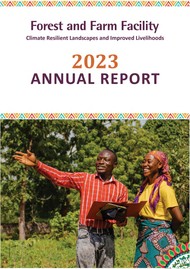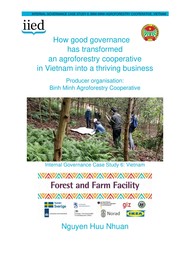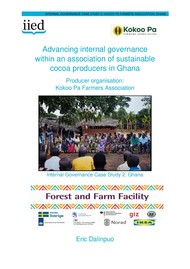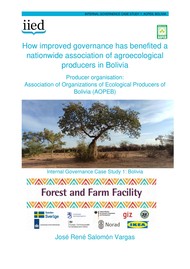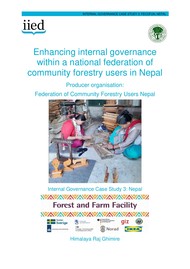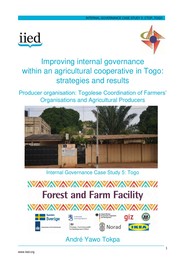How strong internal governance is supporting a community forestry network in Tanzania

This case study from Tanzania is the fourth of six case studies on tactics that improve internal governance prepared by forest and farm producer organisations (FFPOs) for the Forest and Farm Facility (FFF).
It describes the actions of Mtandao wa Jamii wa Usimamizi wa Misitu Tanzania (MJUMITA – the Tanzania Forest Community Network) that was established in 2007 as an apex organisation comprised of numerous local groups. The organisation was founded with the primary objectives of addressing the escalating deterioration of natural forests on village land, fostering economic growth, mitigating environmental destruction and combating social inequality within the Tanzanian forestry sector. MJUMITA’s operational reach extends across 14 regions, 30 districts and 143 wards, encompassing over 452 villages. This expansive network includes approximately 500 forest-based local community groups and village forest management institutions under participatory forest management (PFM) programmes in six geographical zones: central, eastern, northern, southern highlands, southern and western zones.
Good internal governance has been critical to the success of MJUMITA. This case study describes the governance structures, processes and practices that have yielded positive outcomes both internally among its members and externally with partners. One notable innovation has been a governing board composed of representatives from community members across the six zones of MJUMITA and democratically selected every three years to ensure that the leadership of MJUMITA is representative of the communities it serves.
Cite this publication
Available at https://www.iied.org/22341g

